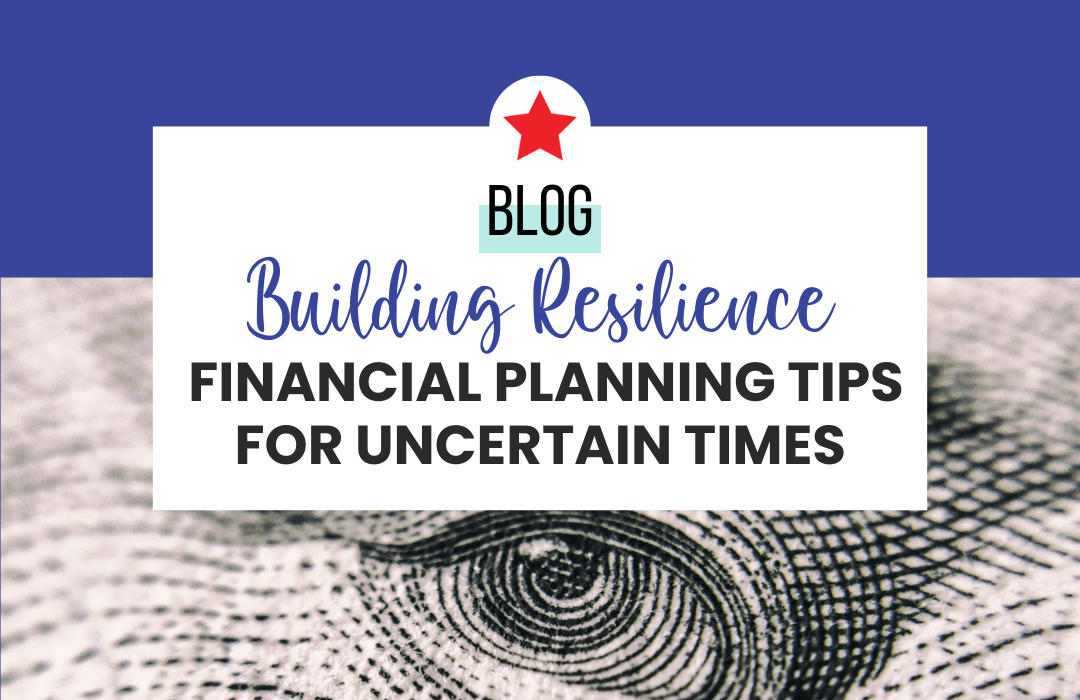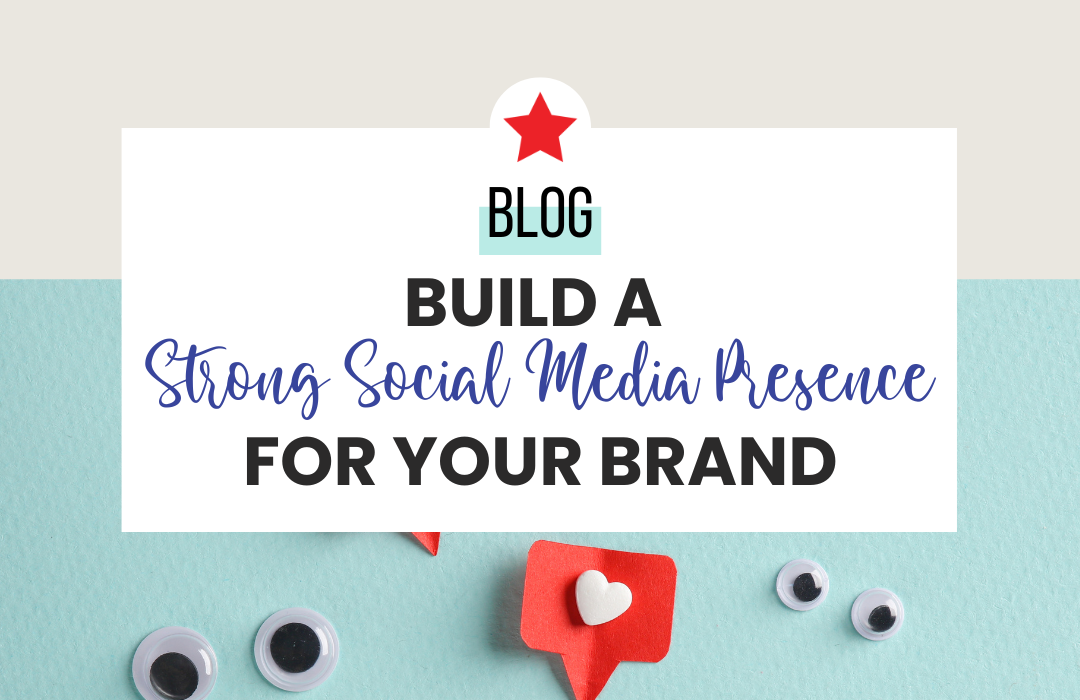[et_pb_section fb_built=”1″ _builder_version=”3.22″ custom_padding=”0px|||||” hover_enabled=”0″ global_colors_info=”{}” sticky_enabled=”0″][et_pb_row _builder_version=”3.25″ background_size=”initial” background_position=”top_left” background_repeat=”repeat” global_colors_info=”{}”][et_pb_column type=”4_4″ _builder_version=”3.25″ custom_padding=”|||” global_colors_info=”{}” custom_padding__hover=”|||”][et_pb_text _builder_version=”4.13.0″ background_size=”initial” background_position=”top_left” background_repeat=”repeat” custom_padding=”||6px|||” hover_enabled=”0″ global_colors_info=”{}” sticky_enabled=”0″]
In the 13+ years I have owned Spark, I have met with a lot of business owners – literally hundreds. And we all make or have made mistakes – literally hundreds (if not thousands). In this blog, I am writing about the same mistakes that I see currently as well as from what I was seeing over 13 years ago. What’s interesting to me is that now that I’m so much further down my career path, I don’t make these mistakes anymore – I learned from them. So when I see that other business owners still make them, I find it surprising, but yet exciting, because I know how to identify it – and fix it. I learned how to avoid these mistakes years ago, so I feel like I can really help others learn from them. or avoid them altogether.
One of the reasons why I decided to write a blog about this is because I was lucky enough to be on the Profit First Nation podcast, the official podcast of Profit First run by Danielle Mulvey and partnered with Mike Michalowicz. On my episode of this podcast, I go over a few of the biggest mistakes that I see business owners making. Listen to it below.
[/et_pb_text][/et_pb_column][/et_pb_row][et_pb_row _builder_version=”4.13.0″ _module_preset=”default” global_colors_info=”{}”][et_pb_column type=”4_4″ _builder_version=”4.13.0″ _module_preset=”default” global_colors_info=”{}”][et_pb_code _builder_version=”4.13.0″ _module_preset=”default” global_colors_info=”{}”][/et_pb_code][/et_pb_column][/et_pb_row][et_pb_row _builder_version=”4.6.6″ _module_preset=”default” global_colors_info=”{}”][et_pb_column type=”4_4″ _builder_version=”4.6.6″ _module_preset=”default” global_colors_info=”{}”][et_pb_divider divider_weight=”7px” _builder_version=”4.6.6″ _module_preset=”default” width=”71%” module_alignment=”center” global_colors_info=”{}”][/et_pb_divider][/et_pb_column][/et_pb_row][et_pb_row _builder_version=”4.6.6″ _module_preset=”default” global_colors_info=”{}”][et_pb_column type=”4_4″ _builder_version=”4.6.6″ _module_preset=”default” global_colors_info=”{}”][et_pb_text _builder_version=”4.13.0″ _module_preset=”default” hover_enabled=”0″ global_colors_info=”{}” sticky_enabled=”0″]
Here are 5 Mistakes That I See A LOT:
1. Overcomplicating Things
This can be like trying to work with 98 different types of spreadsheets that are color coded, to finding every single type of app software out there and trying to implement all of them in your business. Complicating things is never a good idea. It’s expensive. Not only dollar-wise but time and energy-wise as well. It’s actually all-out hurtful to your business. So don’t don’t sweat the small stuff. If it ain’t broke, don’t fix it… and all the other phrases like that. I find in businesses it’s important to always come right back down to the basics. To keep it as simple as possible.
We have to ask ourselves:
- Why are we doing this?
- What do I want the end result to be?
- And what’s the simplest way to get there?
2. Only looking at the P&L, your profit loss, and thinking that that’s the whole story of your business
It’s maybe half of the story. The other half is the balance sheet and cash flow statement. On the balance sheet, there might be other things on there that are equally important, like your accounts receivable, your accounts payable, your debt, and your total equity. These are equally important to really understand if your business is healthy and if it’s going in the right direction. It shows if you made good decisions last month, if you need to tweak anything, and helps you understand the broader picture. And the cash flow statement? This follows the money. And let me tell you – your Profit & Loss report does NOT follow the way the money moves through your business. That report has a completely different use than that. It’s important to understand this because one of the most common questions I get is “My P&L shows I made money, but where is it?”. You won’t need to wonder or ask this if you understand the mechanics of these reports.
Not every type of report is needed nor every line item scrutinized. 👈 Read that again. And again. Something that we definitely specialize in is getting to know a business right away. And understanding what that business should be concerned with and looking at on a regular basis, and what they shouldn’t.
As a matter of fact, for several of the industries that we work with, the most (like restaurant, retail, screen printers and even construction), we have designed custom Spark Reports. These are “flash” reports where we have a customized dashboard for each of these industries. We pinpoint the numbers you need to be looking at on a regular basis, sort of like the gauges in an airplane.
Knowing what numbers to look at and how often is super, super important.
Knowing what numbers to look at and how often is super, super important.
[/et_pb_text][et_pb_text _builder_version=”4.13.0″ _module_preset=”default” hover_enabled=”0″ global_colors_info=”{}” sticky_enabled=”0″]
3. Doing everything and anything to avoid paying taxes
This is just a completely fruitless exercise and it’s harmful and dumb. If you live in America it goes with the story to pay taxes. You don’t want to pay more than you should of course – nobody wants to do that. So I am not suggesting that, but if you’re paying a lot of taxes (because you’re running a successful business), it simply means, well, that you’re running a really healthy business! And isn’t that what we all want?! I would hope so. Taxes are part of it – build it into your cash management system so it doesn’t feel bad.
You actually can make paying taxes feel really really good. The more your paying, the better you’re doing, kind of like an awesome workout. With that said, you need to make sure that you’re paying the right amount. You want to make sure you have the right tax write-offs – the ones that make sense and that are true to your business. You want to make sure that you’re being smart with funding 401K’s and other things that make sense to lower your tax liability. Work with a CPA who is 100% all over that. Absolutely.
Still, at the end of the day, you’re going to owe something unless you run a business that is tanking and is truly at a loss.
[/et_pb_text][/et_pb_column][/et_pb_row][et_pb_row _builder_version=”4.6.6″ _module_preset=”default” custom_padding=”||11px|||” global_colors_info=”{}”][et_pb_column type=”4_4″ _builder_version=”4.6.6″ _module_preset=”default” global_colors_info=”{}”][et_pb_divider divider_weight=”7px” _builder_version=”4.6.6″ _module_preset=”default” width=”71%” module_alignment=”center” global_colors_info=”{}”][/et_pb_divider][/et_pb_column][/et_pb_row][et_pb_row _builder_version=”4.6.6″ _module_preset=”default” global_colors_info=”{}”][et_pb_column type=”4_4″ _builder_version=”4.6.6″ _module_preset=”default” global_colors_info=”{}”][et_pb_image src=”https://sparkbusinessconsulting.com/wp-content/uploads/2022/02/FEB-FB-Quote-White.png” alt=”Pin – Client love journey” title_text=”FEB FB Quote-White” _builder_version=”4.13.0″ _module_preset=”default” width=”46%” max_width=”83%” module_alignment=”center” global_colors_info=”{}”][/et_pb_image][et_pb_text _builder_version=”4.13.0″ _module_preset=”default” custom_padding=”37px|||||” hover_enabled=”0″ global_colors_info=”{}” sticky_enabled=”0″]
4. Using your business checking account or your business credit cards for personal transactions
Now, this is a lose-lose situation, personally and for your business. There is no winning in this scenario at all. Completely separate church and state, as I like to say to my clients. There are your personal accounts – they should stay 100% personal to you in your life. And then there are your business accounts, 100% used by the business.
Your business is its own entity. It’s almost like its own person. It should have its own set of revenue and expenses and the same with your personal. They live on their own and the two shall never meet, except for when one pays the other. And that should have very strict rules.
You shouldn’t be running all of your dinners, your coffees, your Target shopping sprees and all of your traveling expenses through your business. It’s not helpful. It has to be a legit business expense. Otherwise, it’s always a bad idea – just keep them separate and watch them both grow. That is how I try to explain it to clients that have that terrible habit.
If you separate them and feed them both, they will both grow to be super strong, healthy, robust, profitable entities – yourself and your business. If you’re constantly weighing one down with things that don’t belong to it, they’re both going to lose.
5. Ghost Employees/Empty Paychecks
This means you’re putting somebody on your payroll that doesn’t actually work a position in your business, or you’re overpaying them for the role that they play. Maybe it’s a boyfriend or girlfriend, or even a husband or a wife that really doesn’t work a full time job in your business but you’re paying them like you would a full time employee.
This is like beating the redheaded stepchild to your business. You’re weighing it down. Just don’t do this to your business. You need to be light and agile and strong and healthy, and then it will grow and serve you better. Don’t weigh it down with a bunch of – as some people call them – ghost employees. I just call them empty paychecks.
To sum that up, something that I’m going to be doing today myself (as I do it regularly in my business and personally on a different day with my personal books) is to go through every single line item expense in my business and personal and I’m going to either say yep, can’t live without it, or no, I can get by without it.
I’m going to go through and cut the fat out of everything. I’m going to go back to my payroll, I’m going to make sure that we’re getting every single bang for our dollar in there because that is how you run a successful business – an agile and strong one, one that grows. That’s how you continue to support your other staff and be able to give raises and pay them more and give them better benefits.
That kind of business is a lean, mean cash-making machine.
To get more of these fun tips and actually hear some really funny dialogues, listen to Danielle and I on Profit First Nation episode 91.
[/et_pb_text][/et_pb_column][/et_pb_row][et_pb_row _builder_version=”4.6.6″ _module_preset=”default” global_colors_info=”{}”][et_pb_column type=”4_4″ _builder_version=”4.6.6″ _module_preset=”default” global_colors_info=”{}”][et_pb_post_slider include_categories=”23″ use_manual_excerpt=”off” _builder_version=”4.13.0″ _module_preset=”default” global_colors_info=”{}”][/et_pb_post_slider][/et_pb_column][/et_pb_row][et_pb_row column_structure=”1_2,1_2″ _builder_version=”4.6.6″ _module_preset=”default” global_colors_info=”{}”][et_pb_column type=”1_2″ _builder_version=”4.6.6″ _module_preset=”default” global_colors_info=”{}”][et_pb_image src=”https://sparkbusinessconsulting.com/wp-content/uploads/2022/02/PIN-Jan-Blog-2-683×1024.png” alt=”Don’t Make These 5 Business Mistakes” title_text=”PIN – Jan Blog #2″ _builder_version=”4.13.0″ _module_preset=”default” global_colors_info=”{}”][/et_pb_image][/et_pb_column][et_pb_column type=”1_2″ _builder_version=”4.6.6″ _module_preset=”default” global_colors_info=”{}”][et_pb_image src=”https://sparkbusinessconsulting.com/wp-content/uploads/2022/02/PIN-Quote-White.png” alt=”PIN – Maya Angelou” title_text=”PIN Quote-White” _builder_version=”4.13.0″ _module_preset=”default” global_colors_info=”{}”][/et_pb_image][/et_pb_column][/et_pb_row][/et_pb_section]









